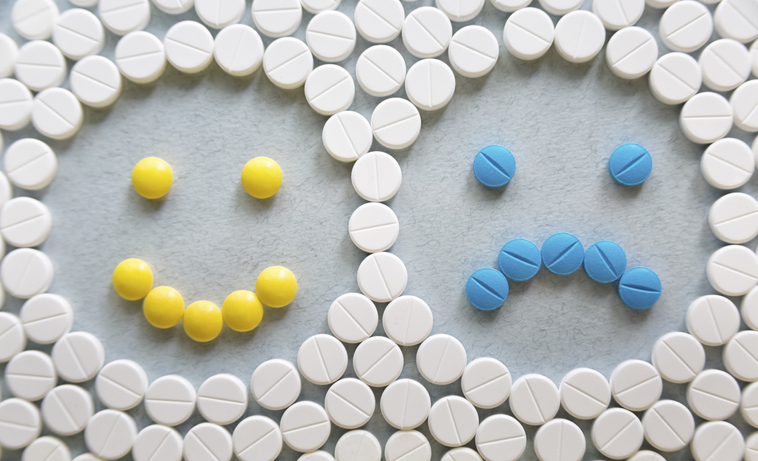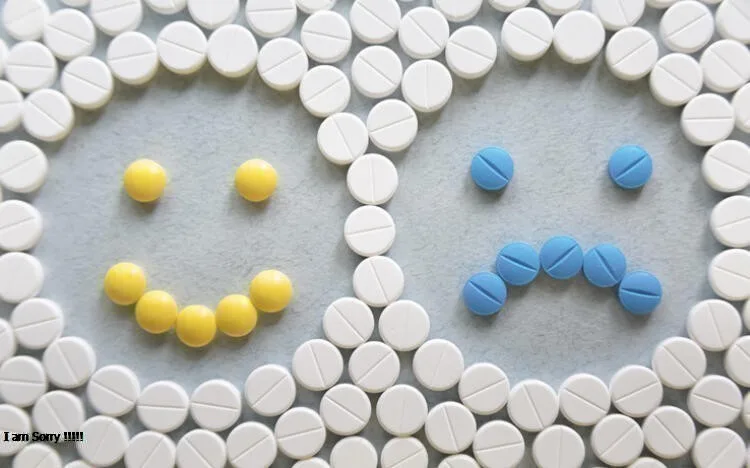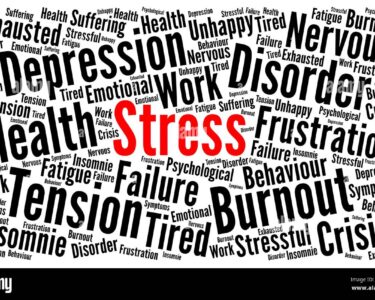The Role of Antidepressants in Mental Health Treatment
Antidepressants play a crucial role in the treatment of mental health conditions, offering relief and support to individuals suffering from depression, anxiety, and other related disorders. These medications are designed to address the chemical imbalances in the brain that contribute to these conditions. In this article, we will explore the significance of antidepressants in mental health treatment, their mechanisms of action, potential benefits and side effects, and the importance of seeking professional guidance when considering their use.
Table of Contents
- Introduction
- Understanding Antidepressants
- How Antidepressants Work
- Types of Antidepressants
- Benefits of Antidepressant Medication
- Potential Side Effects
- The Importance of Professional Guidance
- Alternatives to Antidepressants
- Combining Therapy with Medication
- Lifestyle Changes for Mental Health
- Long-Term Use of Antidepressants
- Cessation of Antidepressant Treatment
- Myths and Misconceptions
- Antidepressants and Special Populations
- Conclusion
- Frequently Asked Questions (FAQs)
Introduction
Mental health conditions such as depression and anxiety affect millions of individuals worldwide, impacting their quality of life and overall well-being. Antidepressant medications have become a cornerstone of treatment for these conditions, offering a lifeline to those who struggle to find relief through other means. Understanding the role of antidepressants in mental health treatment is essential for individuals seeking help and the healthcare professionals who support them.
Understanding Antidepressants
Antidepressants are a class of medications specifically developed to alleviate symptoms of depression, anxiety disorders, and other mental health conditions. They work by targeting neurotransmitters in the brain, such as serotonin, norepinephrine, and dopamine, which are responsible for regulating mood, emotions, and overall mental well-being.
How Antidepressants Work

Antidepressants function by balancing the levels of neurotransmitters in the brain. They either increase the production of certain neurotransmitters or slow down their reabsorption, allowing them to remain active for longer periods. This helps to restore the balance of chemicals and alleviate symptoms associated with depression and anxiety.
read more about Navigating the 4 Types of Mental Health
Types of Antidepressants
There exist various categories of antidepressant medications, each characterized by its distinct mechanism of action. Some common types include:
- Selective Serotonin Reuptake Inhibitors (SSRIs)
- Serotonin-Norepinephrine Reuptake Inhibitors (SNRIs)
- Tricyclic Antidepressants (TCAs)
- Monoamine Oxidase Inhibitors (MAOIs)
- Atypical Antidepressants
Benefits of Antidepressant Medication
:max_bytes(150000):strip_icc()/what-are-the-real-pros-and-cons-of-taking-antidepressants-5114482-FINAL-a5247144e6394d9d812302c2d56f5df2.png)
Antidepressants offer numerous benefits for individuals struggling with mental health conditions. They can:
- Reduce the severity of depressive and anxious symptoms
- Improve overall mood and emotional well-being
- Restore energy levels and motivation
- Enhance concentration and cognitive function
- Help regulate sleep patterns
- Facilitate better interpersonal relationships
Potential Side Effects
:max_bytes(150000):strip_icc()/long-term-effects-of-antidepressants-4158064_V2-01-64cad678074d4e45b0b85840567c27ef.png)
Like any medication, antidepressants may have side effects. These can vary depending on the specific type of antidepressant and individual factors. Some common side effects include:
- Nausea and gastrointestinal disturbances
- Sleep disturbances
- Sexual dysfunction
- Weight changes
- Dry mouth
- Dizziness or lightheadedness
It is essential to consult with a healthcare professional to assess the potential benefits and risks of antidepressant treatment.
The Importance of Professional Guidance
When considering the use of antidepressants, it is crucial to seek professional guidance from a qualified healthcare provider. They will assess your symptoms, medical history, and individual circumstances to determine the most appropriate medication and dosage for your specific needs. Professional guidance ensures safe and effective treatment and minimizes the risk of adverse effects.
Alternatives to Antidepressants

While antidepressants are a valuable treatment option, they are not the only approach to managing mental health conditions. Alternative therapies, such as cognitive-behavioral therapy (CBT), mindfulness practices, exercise, and lifestyle modifications, can also play a significant role in improving mental well-being. It is essential to explore these options and discuss them with your healthcare provider.
Combining Therapy with Medication
In many cases, a combination of antidepressant medication and therapy provides the best outcomes for individuals with mental health conditions. Therapy, such as CBT or interpersonal therapy (IPT), can help address underlying issues and develop coping mechanisms, while medication provides symptom relief. The synergy between therapy and medication can lead to improved long-term outcomes.
Lifestyle Changes for Mental Health

In addition to medication and therapy, making positive lifestyle changes can have a profound impact on mental health. Engaging in regular physical activity, maintaining a balanced diet, getting enough sleep, practicing stress-management techniques, and nurturing social connections are all vital aspects of promoting mental well-being.
read more about Exploring the Link Between Diet and Mental Well-being
Long-Term Use of Antidepressants

The duration of antidepressant treatment varies depending on the individual and the specific condition being treated. In some cases, short-term use may be sufficient, while others may require long-term or even lifelong treatment. Regular follow-ups with a healthcare provider are crucial to monitor the effectiveness of the medication and make any necessary adjustments.
Cessation of Antidepressant Treatment
When discontinuing antidepressant treatment, it is essential to do so under the guidance of a healthcare professional. Abruptly stopping medication can lead to withdrawal symptoms or a relapse of symptoms. A gradual tapering-off process is typically recommended to minimize potential adverse effects.
Myths and Misconceptions

There are several myths and misconceptions surrounding antidepressant medications. It is important to dispel these misconceptions and rely on accurate information. Some common myths include:
- Antidepressants change your personality
- Antidepressants are addictive
- Antidepressants are only for severe depression
- Antidepressants are a “quick fix”
Antidepressants and Special Populations
Antidepressants can be used in various populations, including children, adolescents, and pregnant or breastfeeding individuals. However, the risks and benefits should be carefully considered, and professional guidance is essential when prescribing antidepressants to these groups.
Conclusion
Antidepressants play a vital role in mental health treatment, providing relief for individuals suffering from depression, anxiety, and related conditions. By targeting chemical imbalances in the brain, these medications can help restore emotional well-being, improve mood, and enhance overall quality of life. It is crucial to seek professional guidance and consider a comprehensive approach that includes therapy and lifestyle changes for optimal results.
Frequently Asked Questions (FAQs)
1. Are antidepressants addictive?
No, antidepressants are not addictive. They do not produce the same kind of dependence as drugs like opioids or benzodiazepines.
2. How long does it take for antidepressants to work?
The timeframe for experiencing the full effects of antidepressants varies from person to person. It can take several weeks or even a few months before significant improvements are noticed.
3. Can antidepressants be used in combination with other medications?
In some cases, antidepressants can be safely combined with other medications. However, it is essential to inform your healthcare provider about all the medications you are taking to avoid potential drug interactions.
4. Can antidepressants be used during pregnancy?
The use of antidepressants during pregnancy should be carefully evaluated. Some medications may pose risks to the developing fetus, while others may be considered safer options. It is crucial to consult with a healthcare provider to weigh the potential benefits and risks.
5. Can I stop taking antidepressants once I feel better?
It is generally not recommended to stop taking antidepressants abruptly once you start feeling better. Gradual discontinuation under the guidance of a healthcare professional helps minimize the risk of relapse and withdrawal symptoms.







 Viesearch - The Human-curated Search Engine
Viesearch - The Human-curated Search Engine

2 Comments